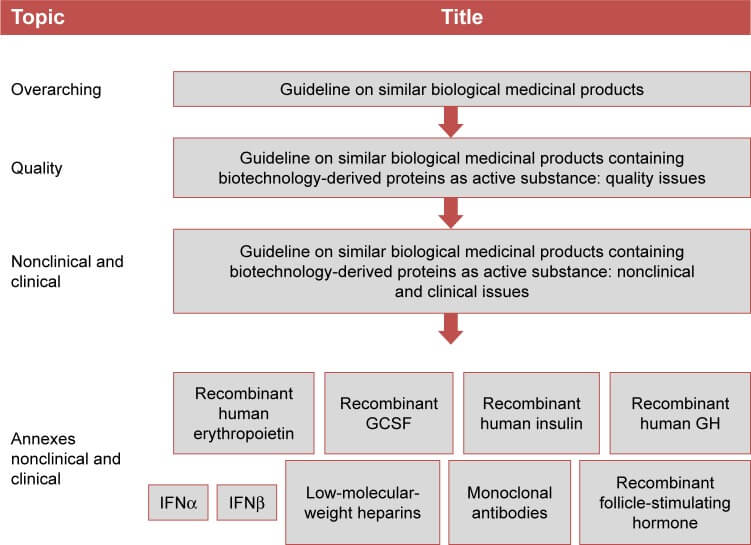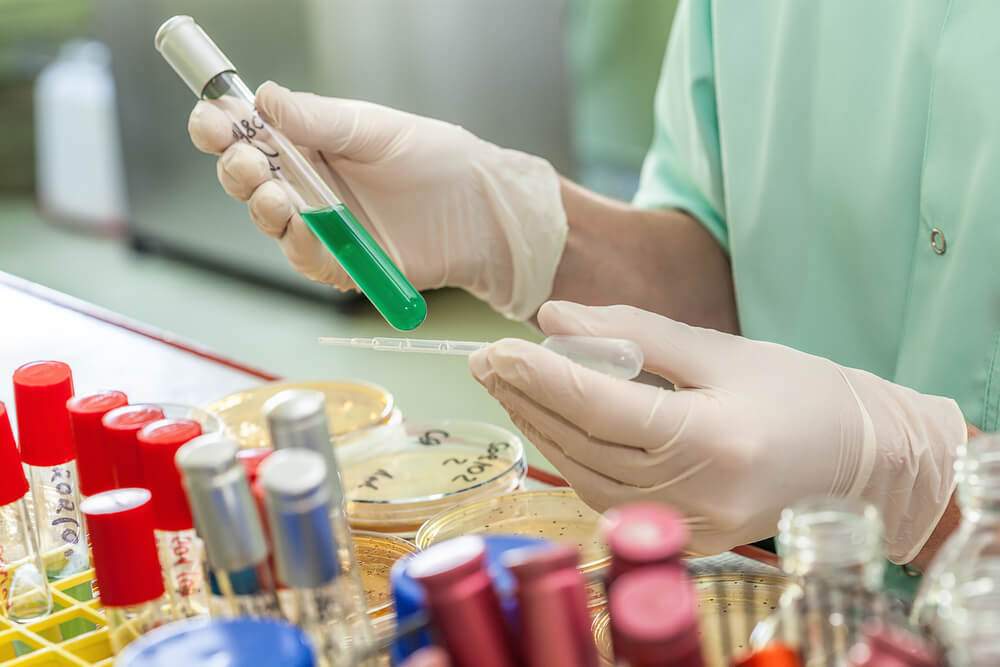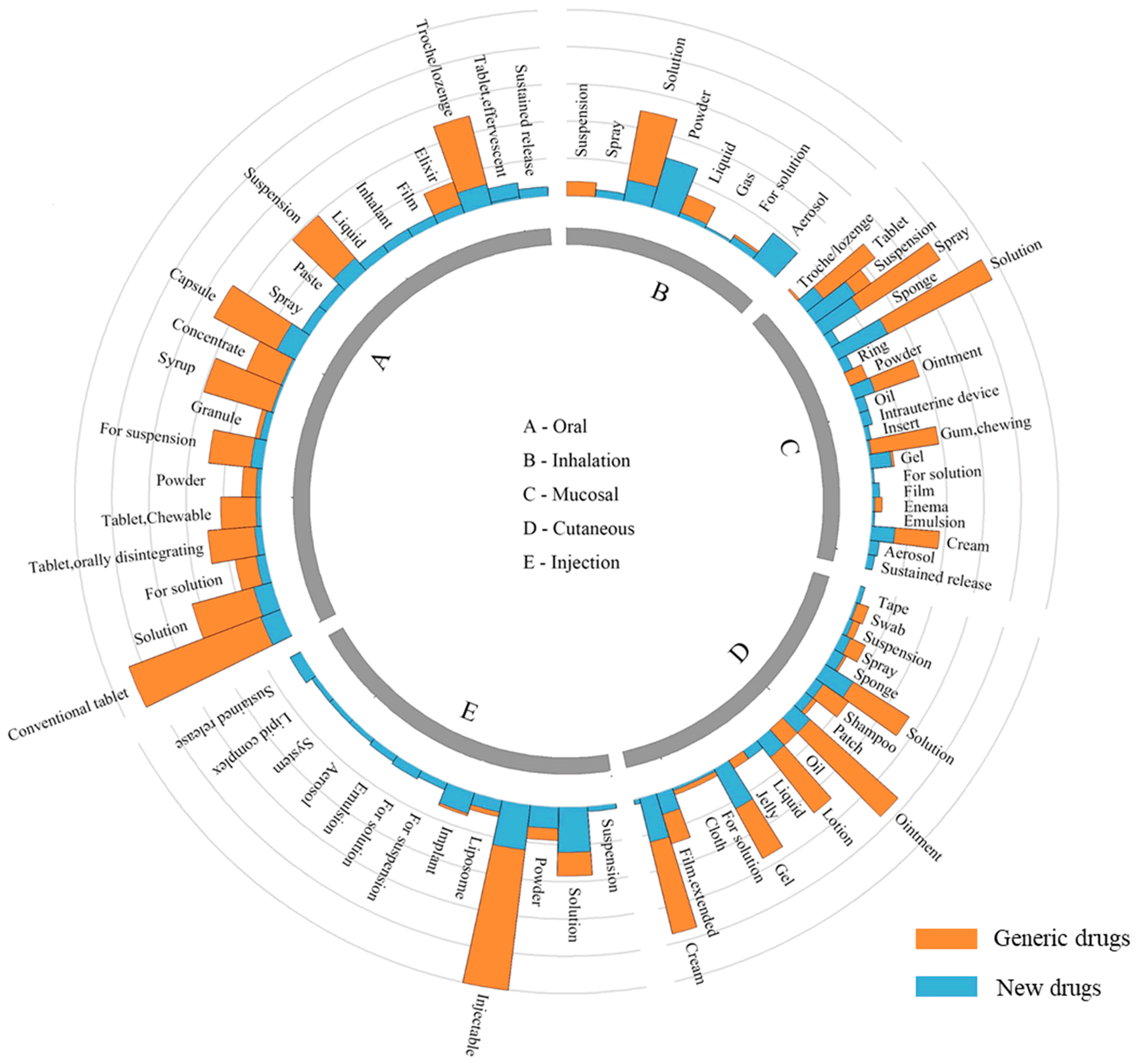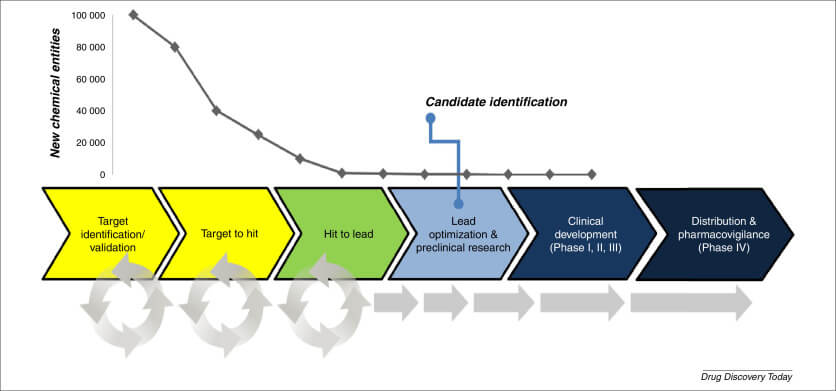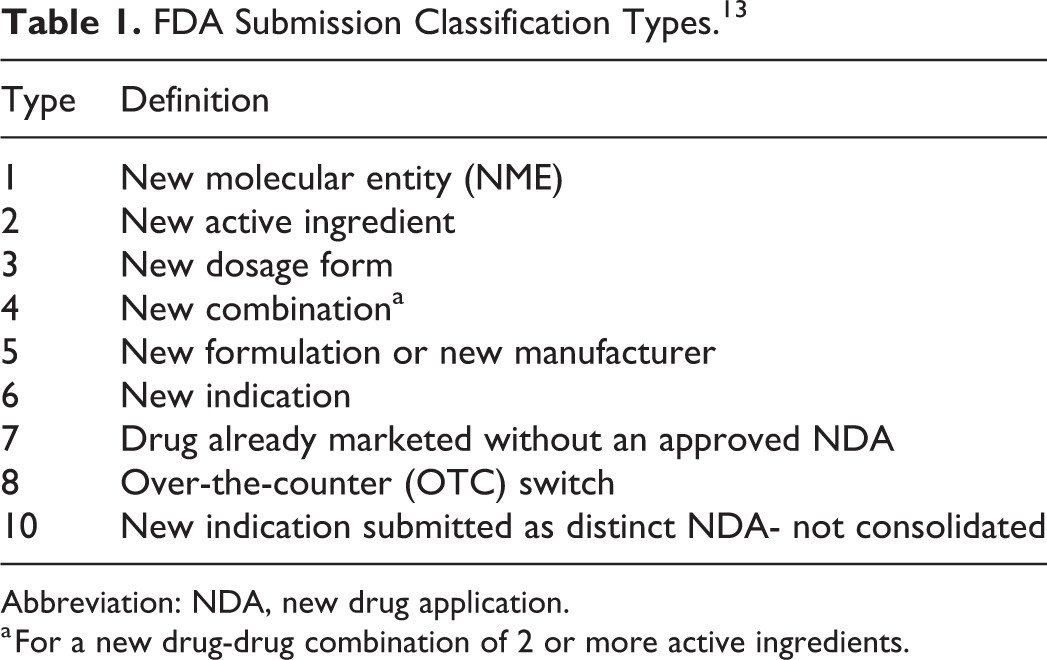
The pharmaceutical industry is a significant contributor to global carbon emissions, with a projected increase of over 300% by 2050 if left unchecked. This alarming trend has led to a growing need for sustainable practices in the industry, particularly in the development of generic drugs. Green chemistry, a framework designed to reduce or eliminate hazardous substances, has emerged as a crucial tool in addressing this challenge.
The Principles of Green Chemistry
In the late 1990s, Professor John Warner co-conceived the 12 principles of green chemistry, which aim to ensure safety, reduce waste, and promote environmental sustainability. These principles have been adopted by companies like Dude Chem, a green chemistry startup that uses high-tech computer modeling and a patented green tech toolbox to optimize chemical processes and reduce waste. By applying these principles, Dude Chem has reported a 71% reduction in waste for one of its processes, demonstrating the potential for significant environmental and cost savings.
Pfizer’s Commitment to Green Chemistry
Pfizer, a leading pharmaceutical company, has also committed to green chemistry. The company has been using green chemistry principles in drug development for over two decades, focusing on reducing environmental impact, minimizing waste, and using renewable energy sources. Pfizer’s efforts have led to a 19% reduction in waste and a 56% improvement in productivity compared to past standards. The company’s goal is to be net zero by 2040, with a 95% reduction in company greenhouse gas emissions and a 90% reduction in value chain emissions from 2019’s numbers.
The GREENER Concept
The GREENER concept, proposed by researchers, emphasizes the need for environmentally friendly active pharmaceutical ingredients (APIs) and other drug constituents. This approach involves integrating environmental criteria into the drug discovery and development process to reduce the environmental impact of medicinal residues. The GREENER concept includes criteria such as reducing emissions, minimizing waste, and ensuring the safety and efficacy of medicines.
Implementation of Green Chemistry in Pharmaceutical Manufacturing
Green chemistry is not limited to research and development. Pharmaceutical companies are also adopting green practices in manufacturing. For example, the use of continuous processes and renewable energy sources can significantly reduce waste and energy consumption. The development of green solvents and alternative reagents can further minimize the environmental footprint of pharmaceutical production.
Future of Green Chemistry in Generic Drug Development
As the pharmaceutical industry continues to evolve, green chemistry will play an increasingly crucial role in the development of generic drugs. By adopting sustainable practices, companies can reduce their environmental impact while maintaining the quality and efficacy of their products. The future of green chemistry in generic drug development lies in the integration of environmental criteria into the drug discovery and development process, ensuring that medicines are not only effective but also sustainable.
Conclusion
The role of green chemistry in generic drug development is multifaceted. By applying the principles of green chemistry, pharmaceutical companies can reduce waste, minimize environmental impact, and promote sustainability. As the industry continues to evolve, the adoption of green chemistry will be essential in ensuring a sustainable future for medicine.
The pharmaceutical industry is a significant contributor to global carbon emissions, and it is crucial that we adopt sustainable practices to reduce our environmental impact. Green chemistry is a key tool in achieving this goal, and its application will be essential in ensuring a sustainable future for medicine. — Barry Dillon, Director of Product Stewardship at Pfizer
References
- GreenBiz. (2023, May 8). The green chemistry startup disrupting pharmaceuticals. Retrieved from https://www.greenbiz.com/article/green-chemistry-startup-disrupting-pharmaceuticals
- Pfizer. (n.d.). Green Chemistry: A More Sustainable Approach to Medicine Development. Retrieved from https://www.pfizer.com/news/articles/green_chemistry_a_more_sustainable_approach_to_medicine_development
- ACS. (2022, August 23). GREENER Pharmaceuticals for More Sustainable Healthcare. Retrieved from https://pubs.acs.org/doi/10.1021/acs.estlett.2c00446
- Becker et al. (2022). Green chemistry and sustainability metrics in the pharmaceutical manufacturing sector. Retrieved from https://www.sciencedirect.com/science/article/abs/pii/S2452223621001188
- Mishra et al. (2021). Green synthesis interventions of pharmaceutical industries for sustainable development. Retrieved from https://www.sciencedirect.com/science/article/pii/S2666086521001211










